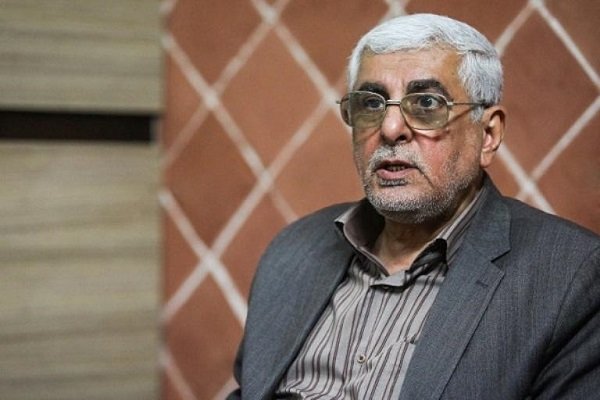In an interview with Mehr News Agency, Hanizadeh addressed the role of Kurds in Syria's political future and the Islamic Republic of Iran's position on Syrian and Iraqi Kurds.
Regarding to the situation of the Syrian Kurds in post-ISIL period, he said that the complex situation prevails in the Syrian Kurdish areas, adding that the Syrian Kurds, especially the Syrian Kurdish Democratic Union Party (PYD) and People's Defense Units (YPG) largest parties in the region, have played a significant role in the fight against the ISIL terrorist group in recent years.
Referring to the negotiations between the Syrian government and the Kurds, he mentioned that the Syrian government has made promises to PYD and other Kurdish parties to give autonomy to them after the end of crisis and war in the country.
The US presence in East and Turkey's presence in Idlib have led to a shift in the balance of power and political equations, Hanizadeh added.
The expert noted that the Syrian Kurds played a very positive and undeniable role in suppressing the Takfiri terrorists, adding that in fact, they want a fully autonomous region but it cannot be predicted that a Kurdish region such as that of Iraqi Kurdistan in northern Syria will be created regarding to the geographical scope of the Kurds living in Syria.
The Syrian Kurds are very dispersed among other ethnic groups in Syria. They are scattered in Aleppo, Hasakah, Qamishli, Idlib, and etc., and this is an obstacle to the formation of the Kurdish region in Syria.
He said that undoubtedly Syrian Kurds should seek their rights in the new constitution of Syria at the Astana and Sochi summits.
He went on to say that the new Syrian constitution must recognize the its Kurdish rights in line of the national unity, and the Syrian Kurds must reach an agreement with the central government of their country.
They should obtain their rights within their own country on the basis of the principle of Syrian unity and under the law agreed upon by all Syrian factions and tribes and refrain from trusting the US void promises, the expert added.
Hanizadeh mentioned that there are about 16 different ethnicities with different religions in Syria, adding that the formation of the Kurdish region in Syria will stimulate other ethnicities and they will strive for some form of autonomy, and so the Syrian state will become chaotic and split apart.
Regarding the official stance of Iran to the formation of the Kurdish autonomous region in northern Syria, he said that by maintaining the full rights of the Kurds, Iran opposes the formation of a Kurdish region in Syria, insisting that Kurds, like other ethnicities, should have a share in the Syrian administration.
ZZ/


























Your Comment